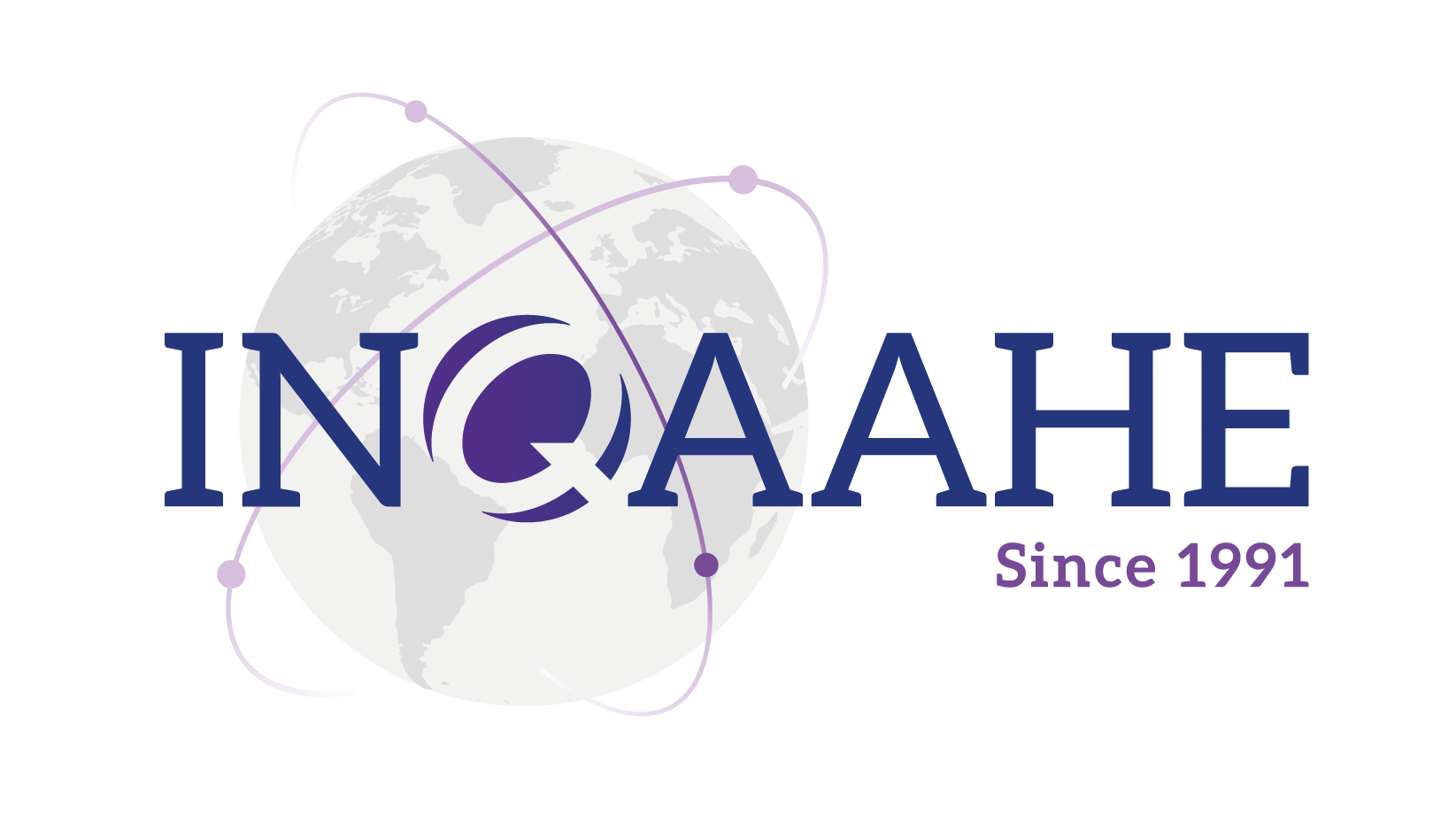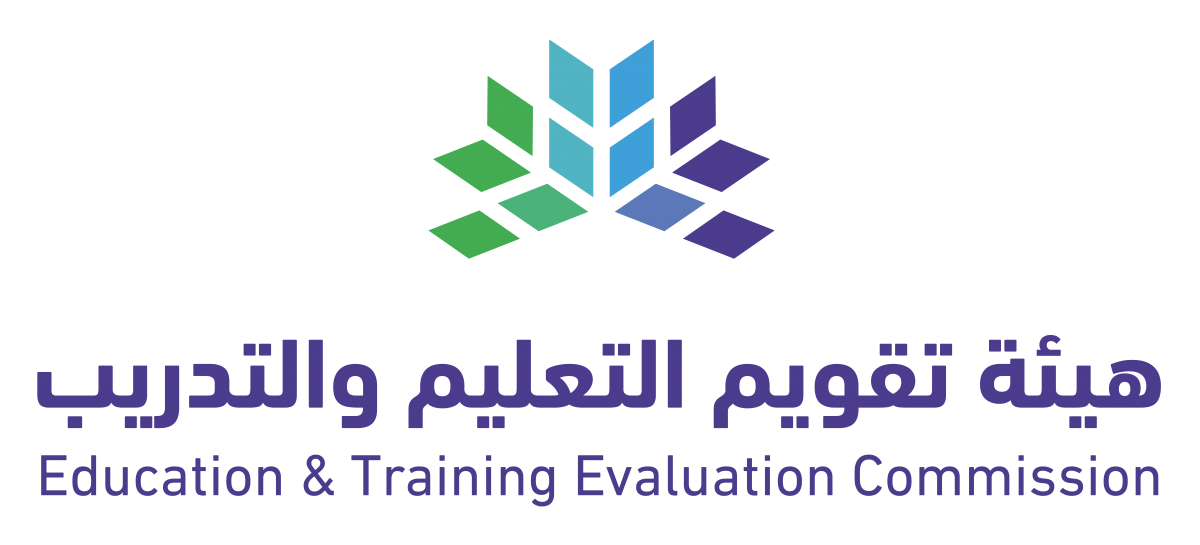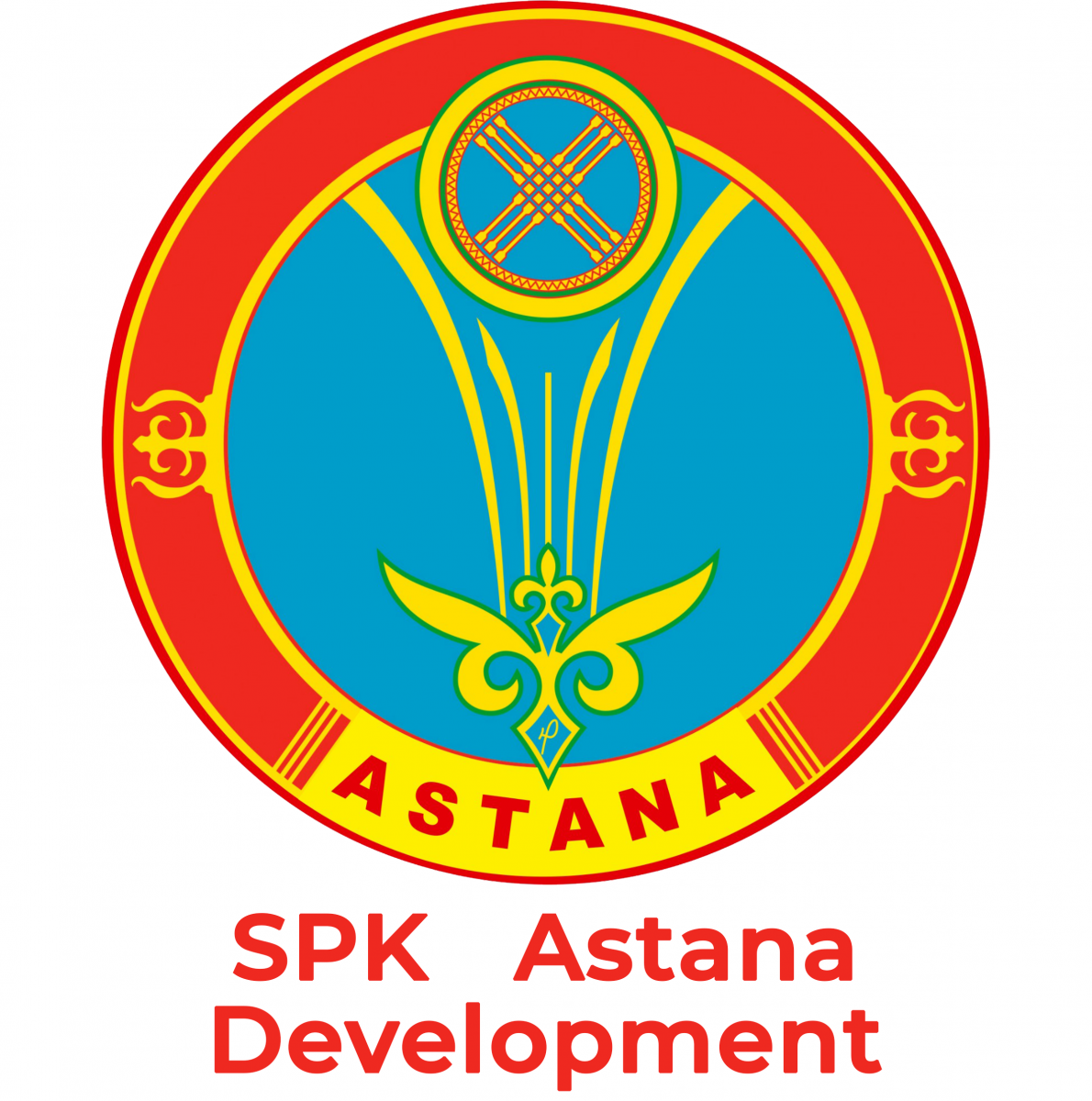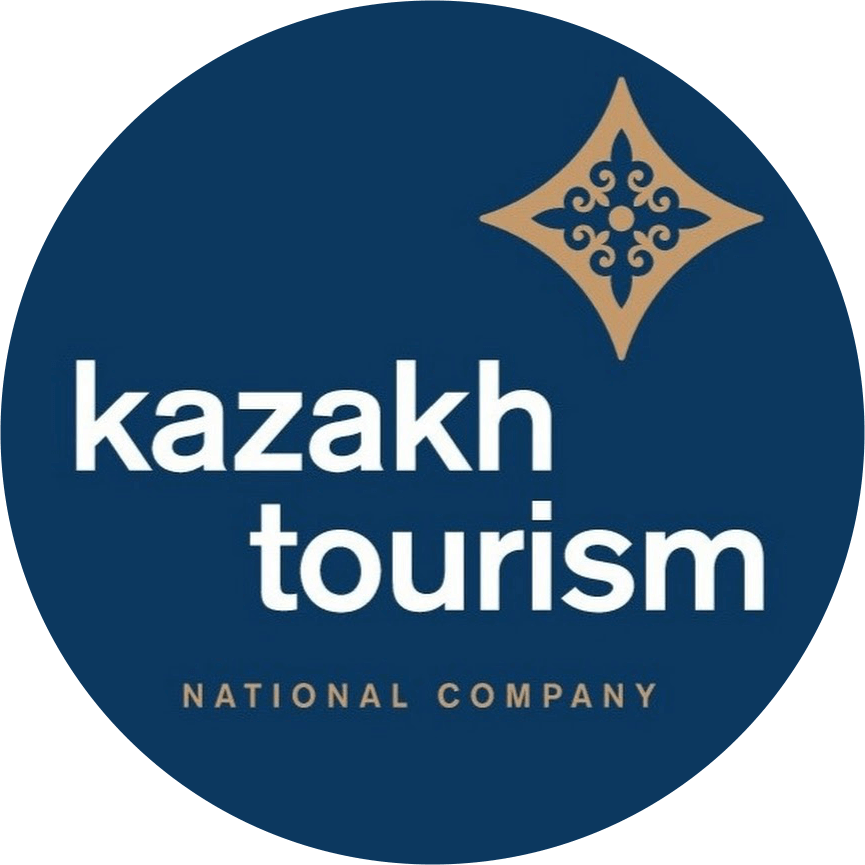INQAAHE Conference 2023
Roadmap to Enabling Quality in Tertiary Education 2030
May 31, 2023
Sub-theme 4 Core Values and Quality of Higher Education
Multi-Speaker session
Analysis of Equity, Diversity, and Inclusion Practices at Canadian Publicly Funded Community Colleges: Toward Student Success
With demographics and social norms changing rapidly in Canadian society, institutions of higher education face pressure to meet the challenges associated with increased student diversity. The proposed study will explore the equity, diversity, and inclusion (EDI) policies, strategies, and practices of publicly funded Canadian community colleges. More specifically, it will examine the potential impact of such approaches on student success. The study has three main objectives: to examine how Canadian community colleges in different cultural and socioeconomic contexts conceptualize equity, diversity, and inclusion; to analyze their EDI strategies; and to identify EDI practices that contribute to student success. Institutions of higher learning are facilitating access and implementing various EDI strategies, but it is not clear how such practices enhance the well-being and success of an increasingly diverse student population. This research aims to answer this question.
Facilitated by:
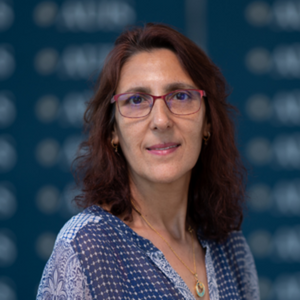 Dr. Hayfa Jafar
Dr. Hayfa Jafar
Dr. Hayfa Jafar is Director - Institutional Effectiveness at the American University of Iraq - Sulaimani. Previously she worked as Institutional Research Analyst at Centennial College in Canada – Ontario. She is experienced analyst using both quantitative and qualitative research methods. Hayfa led tens of projects related to student retention, graduates outcomes, student social and academic experiences on campus, and international student diversity and market share at Ontario colleges. Her major area of research is internationalization of higher education.
 Dr. Oleg Legusov
Dr. Oleg Legusov
Dr. Oleg Legusov is an international student advisor at Seneca College of Applied Arts and Technology. He previously worked as an agency coordinator, guiding the activities of student recruitment agents in multiple regions of the world. His research interests include the experience of international community college graduates in host-country labor markets and equity, diversity, and inclusion in multicultural societies. He has a Ph.D. from University of Toronto - Ontario Institute of Studies in Education, B.A. (econ.) from McGill University and an M.Ed. from Nipissing University (research on at-risk students) and studied Chinese culture and language at Beijing Language and Culture University.
The importance and urgency of embedding education for sustainable development (UNESCO 2030) into accreditation standards and quality assurance practices
The standards of accreditation that shape and inform both how universities operate and what sort of learning outcomes they strive to achieve were developed long before the climate crisis and collapse of nature began forcing educators to rethink what sort of education students might actually need for life—and indeed survival—in the 21st century. And despite recent updates and revisions to accreditation standards and indicators, institutional accreditation criteria are still very much rooted in traditional measures of what constitutes a quality education—i.e., one that leads to student success and career empowerment measured in terms of market-driven employability, upward mobility, and the consumerist lifestyle. However, quality measured in such terms is neither scalable for the human population nor within the carrying capacity of planet Earth. As such, this session views accreditation through the lens of sustainability, ecoliterate learning outcomes, and planetary boundaries in an effort to change the metrics, criteria, and “good practice” that characterize accreditation today.
Facilitated by:
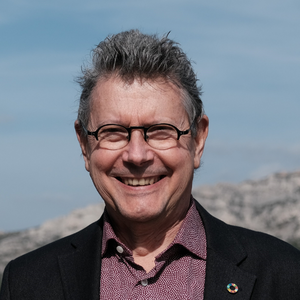 Scott G. Blair, PhD
Scott G. Blair, PhD
Scott G. Blair, PhD, is Content Development Editor for Sulitest, TASK--The Assessment of Sustainability Knowledge. He also serves as Director of Accreditation and Quality Assurance at AIAASC, Vice President of CANIE-Europe, and Affiliate at the Gateway International Group, LLC. Scott taught history and human rights at the University of New Haven, the Institut National des Sciences Politiques, the Institut National des Langues et Civilisations Orientales, and the American University of Paris. He served as Resident Director at Boston College Paris, and Academic Director and Director of Assessment & Sustainability at several US study abroad providers. An education professional based in Paris for over 30 years, Scott has published in Frontiers, Routledge, Stylus and EAIE Forum. He is a regular speaker at education conferences on learning outcomes assessment and program design premised upon developing ecoliteracy and achieving the UN Sustainable Development Goals. Scott holds a doctorate in history from the Sorbonne, an MA from Georgetown University, and a BA from Miami of Ohio.
Fostering the equity agenda in quality assurance: the development of a Diversity, Equity and Inclusion (DEI) indicator system in Catalonia
The aim of this presentation is twofold. First, it briefly describes a project that has been carried out at AQU Catalunya to develop a system of indicators to measure the extent to which access and outcomes of higher education(HE) are equitable. Second, it discusses the role of external quality assurance (EQA) in fostering equity policy agendas in HE, paying special attentiontothe mechanisms available to EQA practitioners in the Catalan context. To do so, it first introduces equity in HE as a policy problem, followed by a potted review of recent international developments regarding the inclusion of equity in EQA. Then, this presentation showcases the resulting catalogue of indicators and reflects upon the nature of EQA as a transformative activity.
Facilitated by:
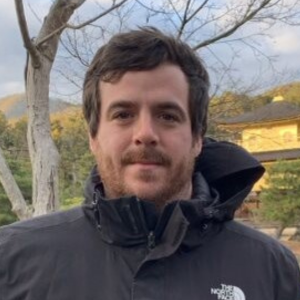 Dr. José Luis Mateos-González
Dr. José Luis Mateos-González
José Luis Mateos González is a Senior Advisor at The Catalan University Quality Assurance Agency, where he leads the Employers’ Survey, a project that seeks to understand the opinion of employers on the quality of Catalan higher education degrees. He has previously worked as a Research Associate at the Department of Education, University of York, where he investigated inequalities in access to postgraduate education and taught in modules on Social Justice and Education, Higher Education, and Research Methods. Additionally, he has worked as a consultant on topics ranging from international student mobility to equity in higher education for institutions such as the British Academy or the Sutton Trust. José Luis holds a PhD in Sociology and Social Policy from the University of Durham.
 Dr. Anna Prades
Dr. Anna Prades
Dr. Anna Prades is Head of Internationalisation and Knowledge Generation Department of AQU Catalunya, where she has been working since 2001. She has a degree in Psychology (1996) and a PhD in Pedagogy (2005) from the University of Barcelona.
She has been active in designing quality assessment methodology, e.g. methodology for joint degrees following the European approach and designing good-practices guidelines. She has been involved, among other European projects related to the improvement of employability in Higher education, (Skills4Employability, Employability for Programme Development, Instruments at Support for Labor Market and Higher Education), in the project IMPALA, which purpose was to devise an assessment methodology of the impact of External Quality Assurance procedures. She has several publications derived from her involvement in the aforementioned studies as well as the projects in which she has participated.
During the last years, her main endeavour in AQU Catalunya has been the building up of a system of evidences for quality assurance (official descriptors, academic indicators, assessment results, graduates and employer surveys) and the integration of these indicators in a platform for public information in order to generate trust in the Catalan Higher Education System (EUC studies).
She has been a lecturer for two academic years in the Master's Degree in Quality Assessment and Management in Higher Education at the Open University of Catalonia (supported by INQAHHE), where she designed and taught The quality of higher education: concept, dimensions, evaluation and improvement. She has also recently participated as Secretary for an INQAAHE GGP review panel.
INQAAHE Conference 2023 is sponsored by KazMunayGas, a platinum sponsor, the Education & Training Evaluation Commission (ETEC), a gold sponsor, Astana Development, a bronze sponsor, and Kazakh Tourism.
